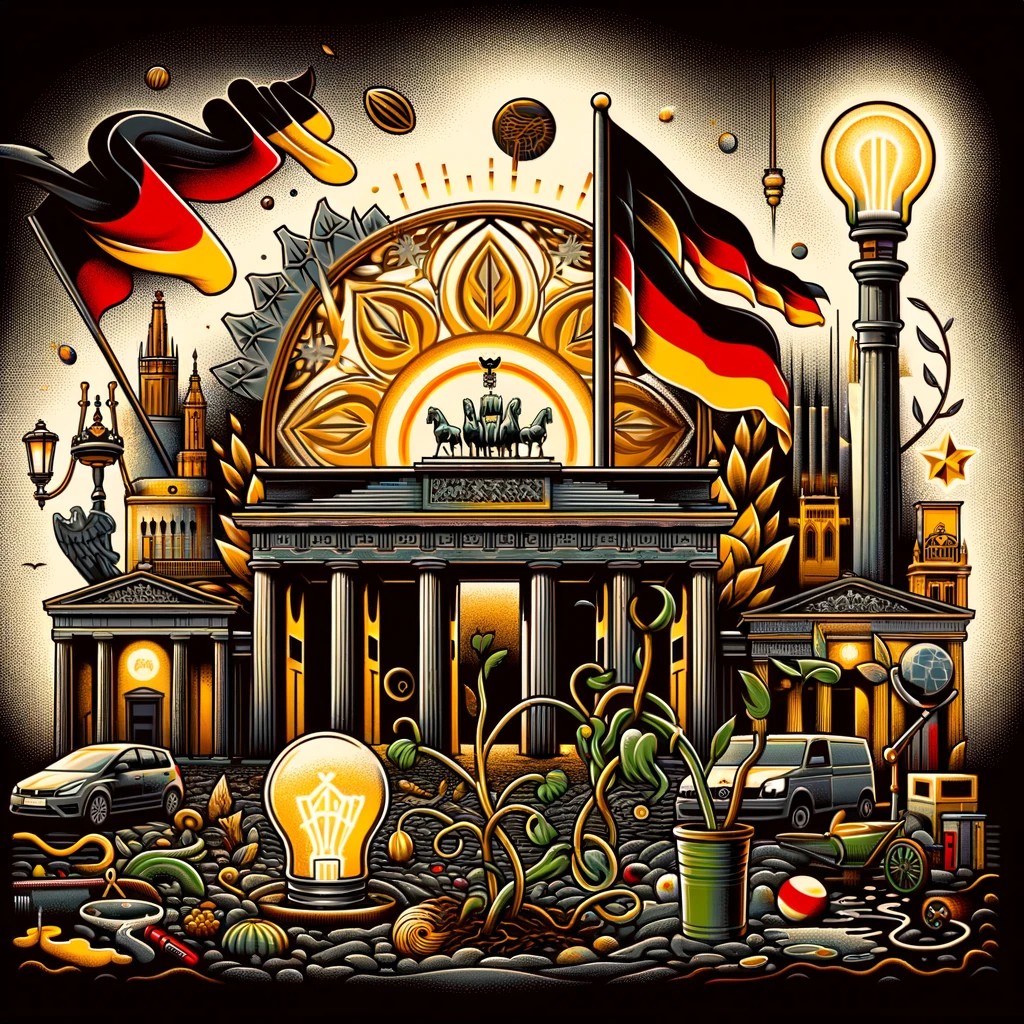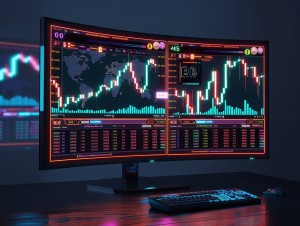Germany, long perceived as Europe’s economic powerhouse, is now facing a starkly different narrative. Christian Lindner, Germany’s Finance Minister, has recently shifted the country’s economic analogy from the “sick man of Europe” to the “tired man of Europe.” Amidst a cascade of economic challenges, including high energy costs and a contraction in manufacturing output, Germany’s resilience is being rigorously tested. Is this a mere fatigue or a harbinger of a more profound economic malaise?
Brewing a Stronger Future
Lindner’s metaphor, shared at the World Economic Forum in Davos, serves as more than just a candid reflection. It’s a call to action. While acknowledging the downturn, Lindner suggests that Germany is not debilitated but momentarily weary. The suggested remedy? A strong cup of coffee symbolizing structural reforms. This approach points to reviving and fortifying Germany’s economy through significant changes in labor availability, energy, and digital technology sectors. The government’s recent moves, including speeding up renewable energy rollout and promoting digital transformation, echo this sentiment.
However, as the nation grapples with these reforms, it also contends with a budgetary crisis. The reactivation of Germany’s constitutional debt brake and the need to cut €17 billion in planned spending reflect a stringent fiscal environment. These measures, albeit necessary, have not been met with unanimous approval, evident from the backlash Lindner faced over cuts to agricultural fuel subsidies. Nevertheless, the finance minister remains steadfast in his approach, advocating for financial prudence over populist spending.
Navigating Global Economic Waters
In the global context, Germany’s stance remains equally prudent and strategic. Lindner’s rejection of heightened tax measures to fund the green transition resonates with his broader economic philosophy. He proposes a global carbon trading system, emphasizing a more holistic and globally impactful approach rather than immediate local cuts. This perspective highlights Germany’s role in a broader economic ecosystem, underlining its interconnectedness and interdependence with the global market.
The challenges are not just internal. On the international stage, Germany’s response to the Inflation Reduction Act in the U.S. is telling. Lindner warns against a subsidy race, highlighting the need for fiscal responsibility and sustainability over short-term gains. This approach reflects a cautious but focused strategy, aiming to retain economic stability and competitiveness without succumbing to reactionary measures.
Amidst these multifaceted challenges, the question looms: is Germany merely in need of a temporary respite, or is it indicative of a deeper economic fatigue? The answer lies in the balance between embracing necessary reforms and navigating the complex global economic landscape. As Germany continues to find its footing in this new era, its journey will be a testament to the resilience and adaptability of one of Europe’s key economic players.
Germany’s current economic state, aptly described as the “tired man of Europe,” is not a sign of defeat but a moment of recalibration. The country’s response to these challenges, characterized by strategic reforms and fiscal discipline, will be crucial in determining its future trajectory. As Germany awakens from this slumber, it stands at the crossroads of reinvention and resilience, poised to redefine its role not just in Europe but on the global economic stage.





